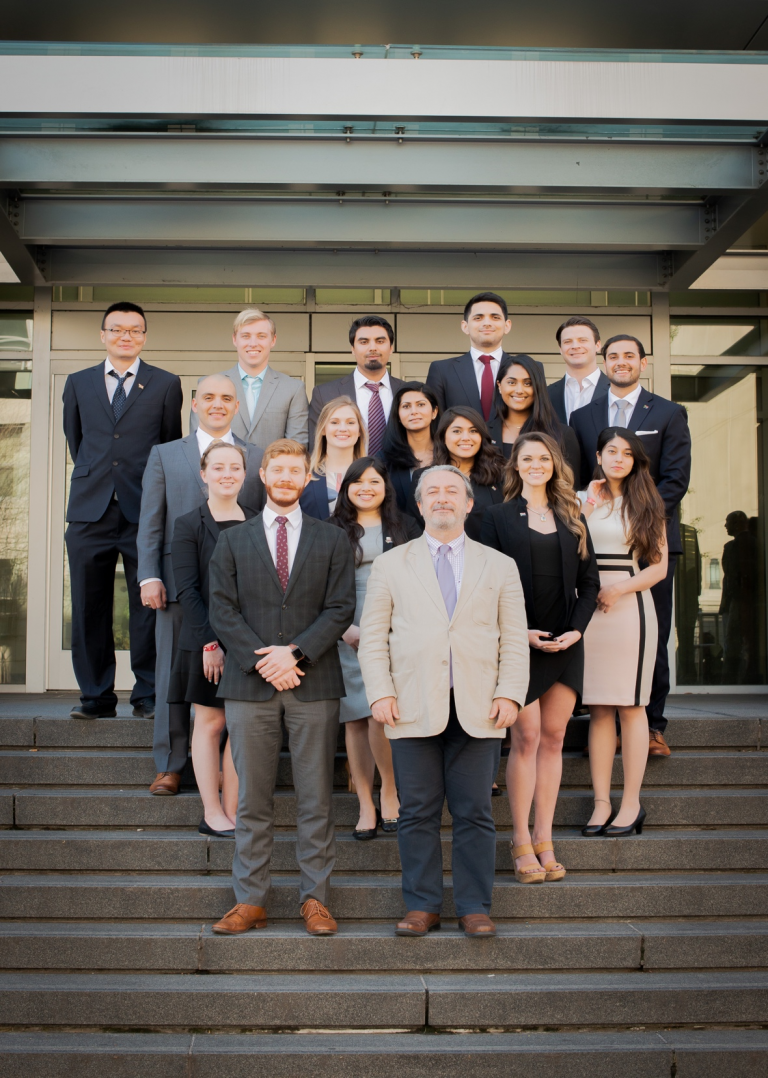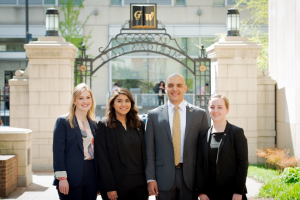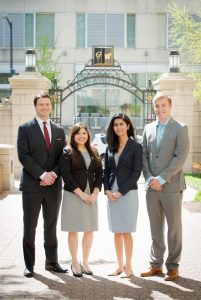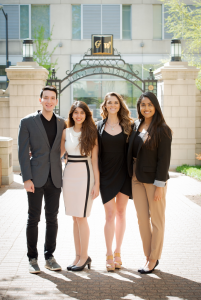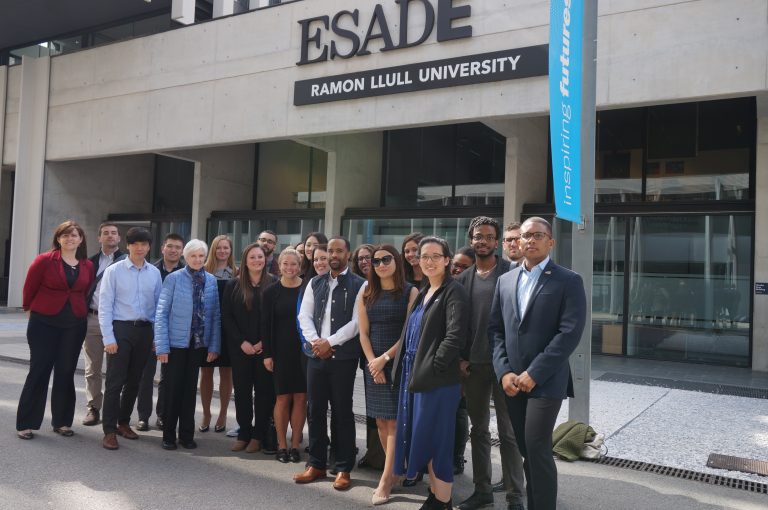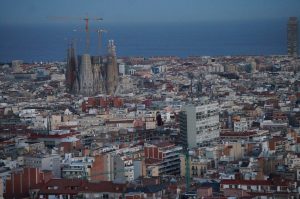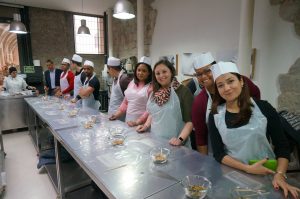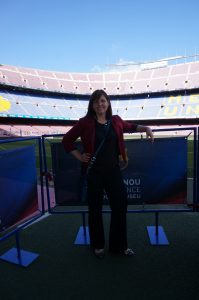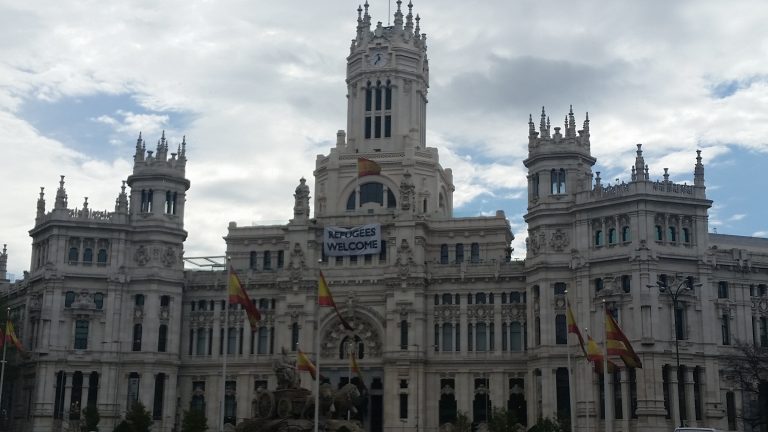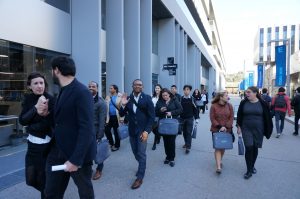Blog written by Alyssa Passarelli
Throughout our Global MBA experience, congregating in Duquès 151 has generally meant hearing big news of some kind. It was where we first reported on day 1 of our MBA orientation. It is where we learned which classmates were in our academic learning teams. Keeping with tradition, it is also where we learned about which projects that we could participate in for our CAP experiences come Spring 2018.

Back in November 2017, Professor Yu took center stage at the front of the large lecture hall to highlight that those who would participate in CAP China would have the opportunity to work with one of two possible clients: JD.com, the second largest online retailer in China, or Shenzhen Energy, one of the main power generation companies in the region. Each of these clients offered exciting strategic work for the participating students. On country alone, I was curious about the opportunity to work in China having never traveled to Asia before, but the intrigue of the projects confirmed my interest.
Across four teams, there are sixteen of us participating in CAP China. Three of the teams are working with JD.com, and the fourth with Shenzhen Energy. It has been interesting for us to see how the scope of work for the projects have each changed to varying degrees from the time that Professor Yu first introduced the projects six months ago. However, it was an important lesson to learn for future consulting projects, as it reflects the evolving nature of client priorities. While each of the projects differ, they actually all share a central theme: benchmarking best practices to take their organizations’ missions into the future.
Here’s what we have been working on over the course of this semester, and what we will focus on with our clients when we arrive in country:
- Benchmarking best practices and operational expertise for energy companies in the United States and market analysis of favorability to enter the United States (Shenzhen Energy).
- Identifying industry best practices from retailers on how to prepare its workforce for the implementation of automated technologies, particularly for innovation that is occurring within the supply chain (JD.com).
- Creating a strategy to motivate converting consumers from cash and credit card purchasing to using a local, Thai-branded e-wallet while capturing market share (JD Finance - JD.com).
- Analyzing the model and practices of industry competitors’ development of private label products and brand to recommend a viable strategy for the Chinese market (JD.com).

Image source: GWSB Office of Global & Experiential Education
So close to departure, the sixteen of us are eager to arrive in Beijing. It is very exciting that we will be able to finally meet the client contacts with whom we have been WeChatting for the last several months. Stay tuned for updates once we are in country!


